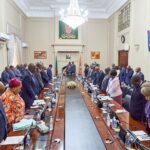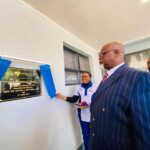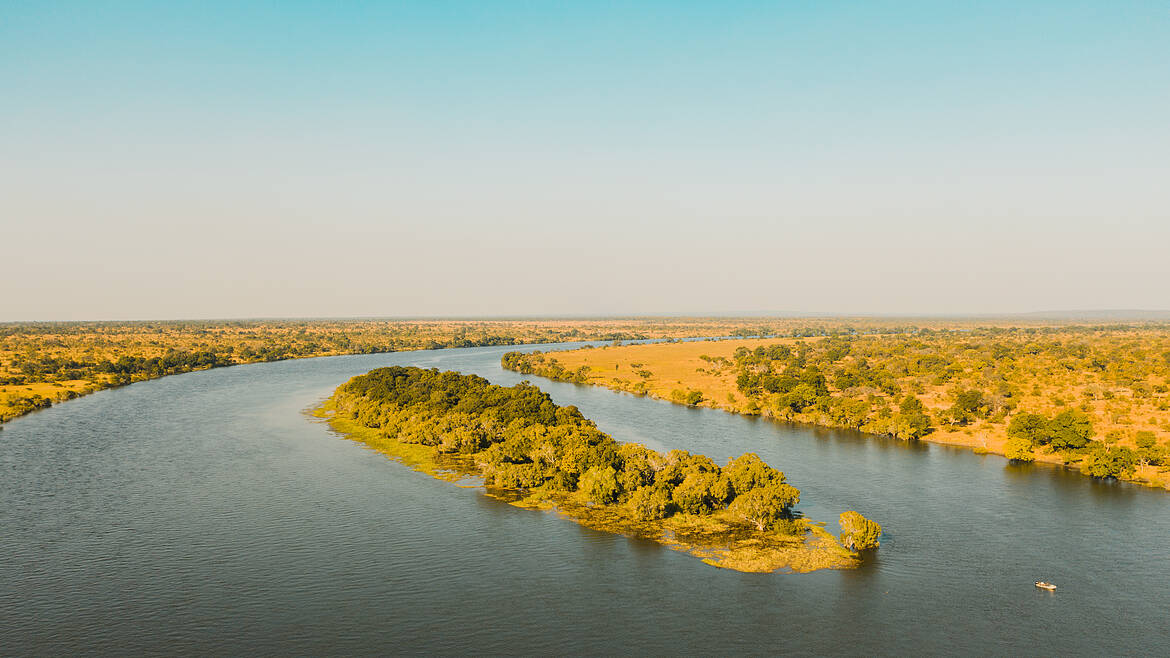Hope has risen for the restoration of the Kafue River Basin, a crucial resource for Zambia’s economy and communities, as stakeholders intensify efforts to address its challenges. Dr. Everisto Mapedza, a senior researcher at the International Water Management Institute (IWMI), believes that collective action and innovative platforms are key to ensuring the long-term sustainability of the basin.
The Kafue River Basin is vital to Zambia, supporting agriculture, hydropower, mining, fishing, and countless livelihoods. However, it faces mounting pressures from economic activities, environmental degradation, and the impacts of climate change, all threatening its stability. Dr. Mapedza emphasized that the need for coordinated action has never been more urgent.
“The Kafue River Basin represents the heart of Zambia’s development. Its survival depends on how well stakeholders can unite to balance competing interests while preserving this invaluable resource,” he said during an interview.
Currently, a restoration initiative is underway, with funding from cooperating partners. A US$60,000 grant has allowed stakeholders from various sectors—community leaders, government bodies, private enterprises, and non-governmental organizations—to collaborate on strategies for rejuvenating the basin. The funding supports engagement activities aimed at assessing the situation and innovating conservation solutions.
Dr. Mapedza highlighted the pivotal role of local knowledge in driving change. He pointed out that community leaders offer valuable insights, blending traditional practices with modern solutions. By integrating this knowledge into policy frameworks, decision-makers can craft interventions that are both effective and culturally sustainable.
Tackling deforestation and land degradation remains crucial in the restoration efforts. With competing water demands from agriculture, hydropower, and household needs, striking a balance between equity and efficiency is essential. Dr. Mapedza emphasized that saving the Kafue River Basin is not just an environmental necessity—it is vital for Zambia’s long-term economic and social stability.
“We must view the basin as a shared resource. It’s only through collaboration, inclusive governance, and mutual accountability that we can ensure a sustainable future for the basin,” he said.
As stakeholders continue to engage in meaningful dialogue and innovative solutions, there is hope that the Kafue River Basin will thrive once again, supporting Zambia’s development and the well-being of its communities for generations to come.






